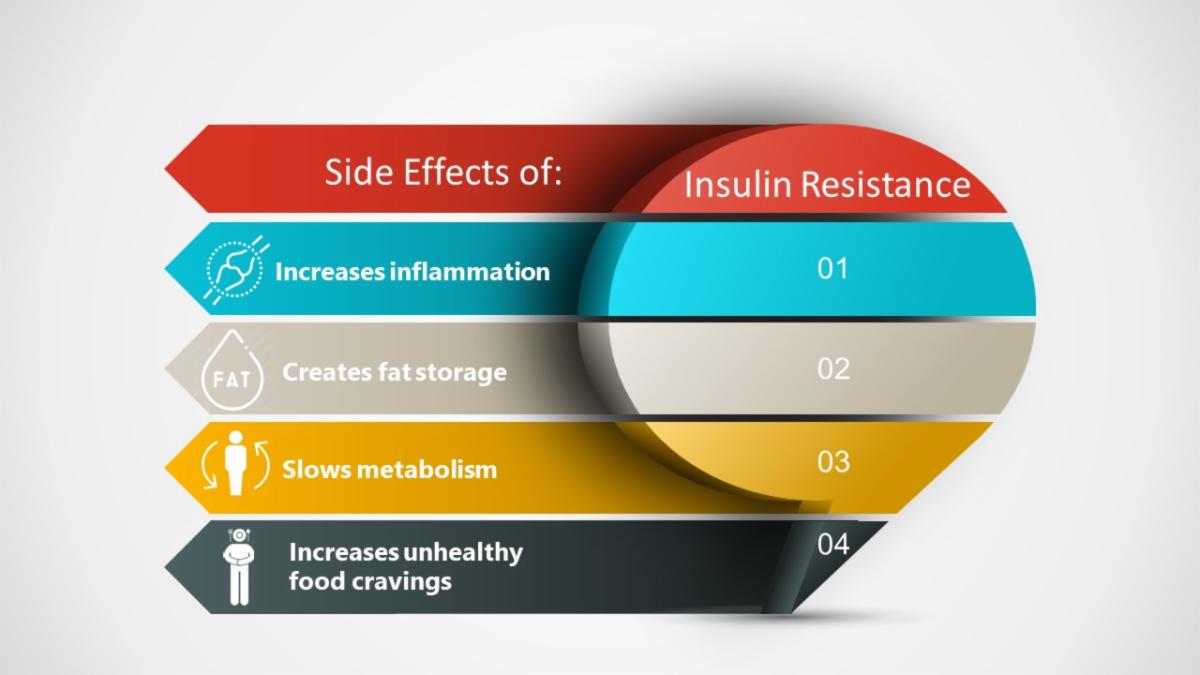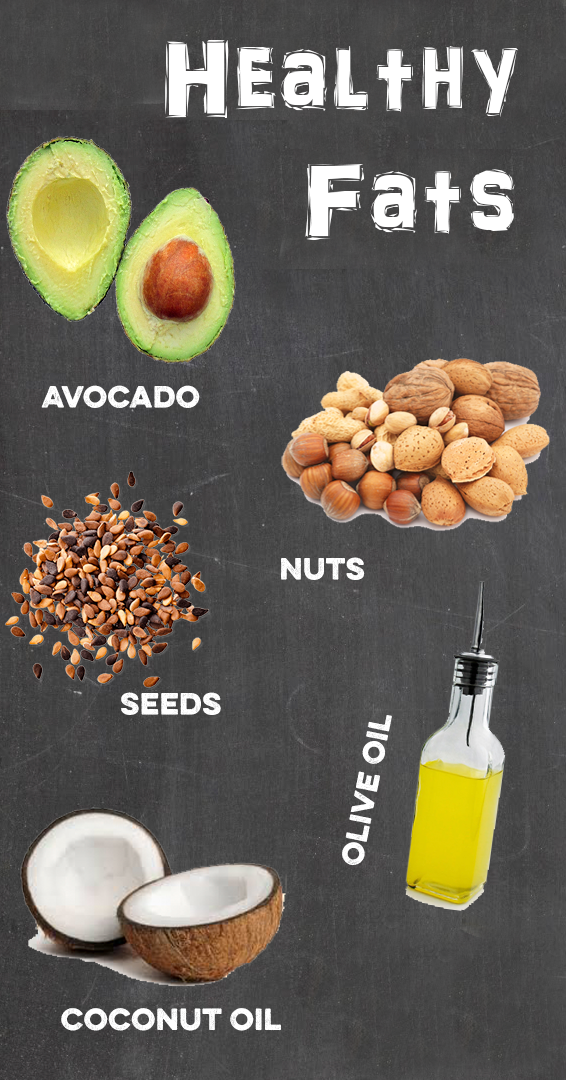 Do you understand insulin and what does it do to the body?
Do you understand insulin and what does it do to the body?
If you don’t have diabetes, insulin helps regulate blood sugar levels. After you eat, carbohydrates break down into glucose, a sugar that is the body’s primary source of energy, and glucose then enters the bloodstream.
Insulin resistance doesn’t happen overnight: if your diet includes empty calories and an abundance of quickly absorbed sugars, liquid calories, and carbohydrates (bread, pasta, rice, and potatoes) your cells slowly become resistant to the effects of insulin.
Insulin resistance is the single most important factor that leads to rapid, premature aging and other diseases, including heart disease, stroke, dementia, and cancer.
The body increasingly demands more insulin to do the same job of keeping your blood sugar even. Eventually, your cells become resistant to insulin. The higher your insulin levels are, the worse your insulin resistance. Your body starts to age and deteriorate.
Your blood sugar levels should be less than 80 mg/dl fasting and never rise above 110 or 120 mg/dl after one and two-hour checks. Your insulin should be less than 5 uIU/mL fasting and should never rise above 30 uIU/mL after one and two-hour checks.
What to do?
- Stop eating all junk and processed foods.
- Remove flour and sugar in food
- Increase soluble fiber (oats, beans, apples, carrots).
- Eat healthy fats.
- Manage stress.
- Increase daily activity.
- Aim for 7-9 hrs sleep nightly.
Healthy Fats

Even though fats are complicated, eating a fat-free diet is not good for your health. Fats help you absorb all of the beneficial fat-soluble vitamins in plant foods, and some fats have been shown to reduce the risk of heart disease, type 2 diabetes, and obesity. The key is to eat the right fats daily.